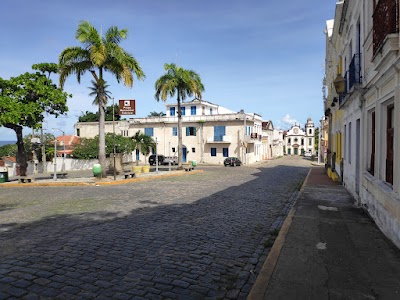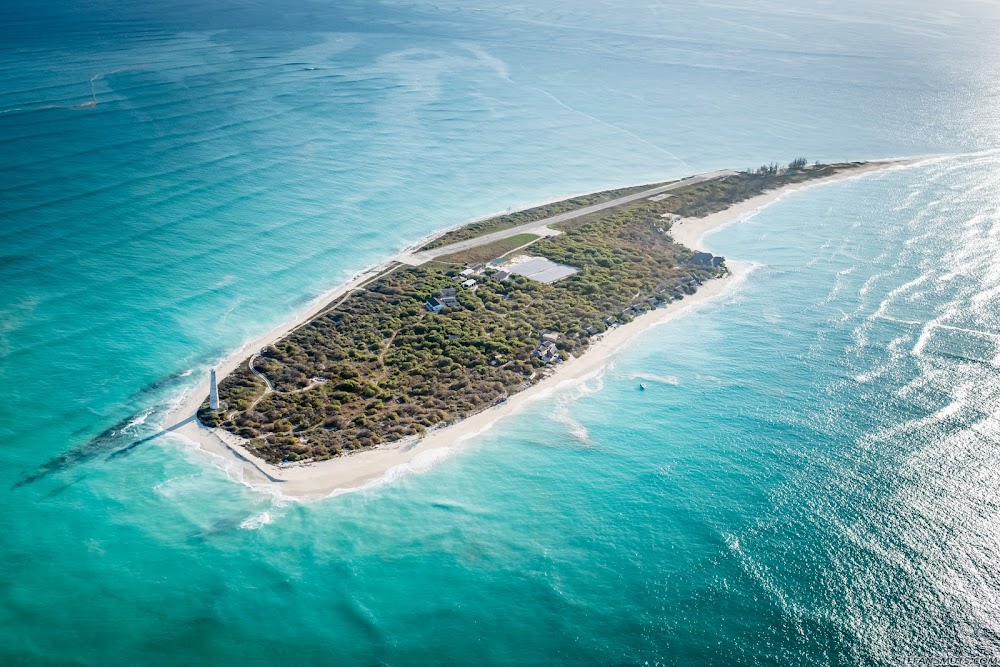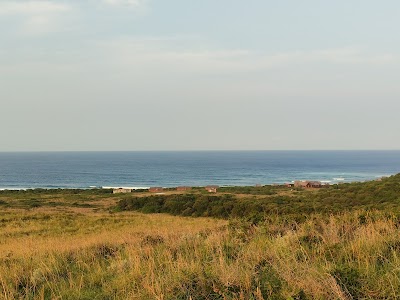Mueda (Mueda)
Overview
Mueda, located in Cabo Delgado Province of Mozambique, is a captivating town perched on the scenic Mueda Plateau. With its rich historical and cultural significance, Mueda beautifully encapsulates the country’s past struggles and its vibrant present.
Historical Significance
Originally established by the Portuguese during the colonial era, Mueda served as a strategic military post. Its elevated position on the plateau provided a commanding view of the surrounding landscape, making it a crucial site for control and defense. The Portuguese fortified Mueda by constructing a fort and setting up administrative offices to assert their authority over the predominantly Makonde population.
The Makonde people, known for their fierce resistance to colonial rule, often found themselves in conflict with the Portuguese authorities. One of the most notable events was the Mueda Massacre in 1960. On June 16, a large group of Makonde protestors gathered in Mueda to demand independence and improved living conditions. The Portuguese response was violent, leading to the tragic deaths of many demonstrators. This pivotal moment galvanized the independence movement, marking a significant turning point in the fight for freedom.
A Symbol of Resilience
In the years following independence, Mueda transformed from a colonial outpost into a powerful symbol of national resilience and identity. Today, historical landmarks like the Mueda Memorial serve as poignant reminders of the past, commemorating the massacre and providing an educational site for visitors interested in understanding Mozambique's history.
Architecturally, Mueda showcases a blend of traditional Makonde styles and Portuguese colonial influences. Recent developments have seen the construction of educational institutions, healthcare facilities, and improved infrastructure, all aimed at enhancing the quality of life for its residents.
Cultural Heritage
Mueda is not just rich in history; it also boasts a vibrant cultural heritage. The Makonde people, the majority in the town, are renowned for their intricate wood carvings and elaborate traditional dances. Cultural festivals frequently take place, celebrating these artistic traditions and attracting visitors and scholars eager to explore the depths of Makonde art and culture.
The local economy in Mueda is primarily agrarian, with residents cultivating crops such as cassava, maize, and beans. In recent years, initiatives have been introduced to diversify economic activities, promoting small-scale commerce and tourism that leverage the town’s historical and cultural assets.
Modern Development
Infrastructural development in Mueda has been gradual yet steady. Improved roads connecting Mueda to other regions of Cabo Delgado Province have eased the movement of people and goods. New schools and hospitals have been established to address the educational and health needs of the growing population, contributing to better socio-economic conditions.
Today, Mueda is more than just a town steeped in history; it is a dynamic community looking toward the future. The harmonious blend of historical significance, cultural richness, and progressive development makes it a unique and vital part of Mozambique. Efforts to preserve its heritage while fostering modern progress reflect the resilience and spirit of its people, ensuring that Mueda remains an integral part of the nation’s landscape.






